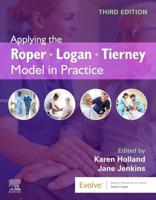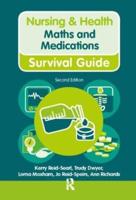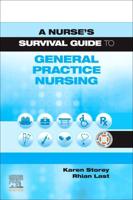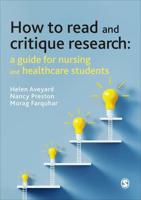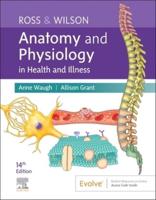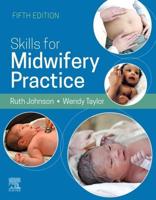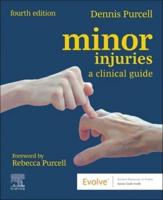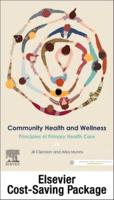Publisher's Synopsis
This book is for researchers and clinicians from all health disciplines because measurement is vital to high-quality science and to excellence in clinical practice. The text focuses on the measurement of health constructs, particularly those constructs that are not amenable to quantification by means of laboratory analysis or technical instrumentation. These health constructs include a wide range of human attributes, such as quality of life, functional ability, self-efficacy, depression, and pain. Measures of such constructs are proliferating at a rapid rate and often without adequate attention paid to ensuring that standards of scientific rigor are met. In this book, the authors offer guidance to those who develop new instruments, adapt existing ones, select instruments for use in a clinical trial or in clinical practice, interpret information from measurements and changes in scores, or undertake a systematic review on instruments. This book offers guidance on how to develop new instruments using both "classical" and "modern" approaches from psychometrics, as well as methods used in clinimetrics. Much of this book, however, concerns the evaluation of instruments in relation to three key measurement domains: reliability, validity, and responsiveness.
This text was designed to be useful in graduate-level courses on measurement or research methods and will also serve as an important reference and resource for researchers and clinicians.


